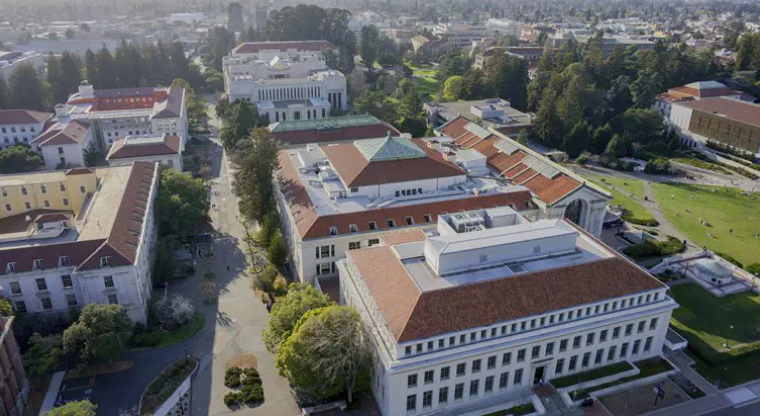“We Were Like Dreamers” — The Vision of Psalm 126 and the Power of Redemption
Psalm 126 — Shir HaMa’alot — offers a stirring and poetic vision of Israel’s ultimate redemption. It captures the moment when the Jewish people return home, infused with joy, faith, and longing fulfilled:
שִׁיר הַמַּעֲלוֹת: בְּשׁוּב ה’ אֶת-שִׁיבַת צִיּוֹן, הָיִינוּ כְּחֹלְמִים.
אָז יִמָּלֵא שְׂחוֹק פִּינוּ, וּלְשׁוֹנֵנוּ רִנָּה.
“A Song of Ascents. When God restores the return to Zion, we were like dreamers. Then our mouths will be filled with laughter, and our tongues with song.” (Psalm 126:1–2)
But the psalm’s phrasing presents a puzzle. The description begins in the future — God will restore — but immediately shifts to the past: “we were like dreamers.” Why mix tenses? Is the psalm describing a future redemption or reflecting on a past experience?
The Spiritual Role of Dreams in Redemption
To understand this poetic shift, we must consider the spiritual role of dreams in Jewish tradition — especially in times of exile.
Dreams are not merely subconscious musings; they reflect the soul’s hidden potential — its segulot, latent powers yearning to be realized. This applies not only to individuals but to the Jewish nation as a whole. As God declared at Sinai:
“You shall be My treasured nation (segulah) among the peoples.” (Exodus 19:5)
When those national qualities — our identity, mission, and connection to the Land — are suppressed by exile and oppression, they often find expression through dreams: hopes, prayers, and visions of return.
Consider the key moments of biblical salvation: Joseph rises through Pharaoh’s dream, Daniel through Nebuchadnezzar’s. Dreams often mark a turning point in Jewish destiny. Why? Because dreams hint at a reality not yet visible but deeply true — a future emerging from within.
Why Dreaming Matters: The Call to Anticipate Redemption
The Talmud (Shabbat 31a) tells us that after death, one of the first questions a soul is asked is:
“Did you anticipate the redemption?”
This is a profound challenge. Redemption may not be within our individual control — it may hinge on divine timing or the collective merit of the nation. Yet our personal longing still matters. Why?
Because yearning itself cultivates the reality it seeks. Just as a kind word can awaken someone’s hidden strengths (Megillah 15a), so, too, our sincere prayers and hopes for redemption awaken and nurture our national potential.
That’s why the daily Amidah includes prayers for the ingathering of exiles and the rebuilding of Jerusalem. These prayers aren’t symbolic — they are spiritually generative. They give voice to the Jewish soul’s deepest yearnings.
From Longing to Reality: How Dreams Fuel History
The return to Zion in modern times didn’t emerge in a vacuum. It was preceded by generations of dreaming. Centuries of exiles ending every Passover with “Next Year in Jerusalem” cultivated a collective consciousness that made the impossible inevitable.
The Zionist movement didn’t invent Jewish longing for the Land; it galvanized it. The courage of those who built the modern State of Israel was rooted in centuries of whispered prayers and visionary hopes.
Anticipating redemption is not mere mysticism — it’s how spiritual reality becomes historical fact. It is our faith that becomes the bridge between exile and return.
“We Were Like Dreamers”: A Past That Created the Future
This returns us to the mystery of Psalm 126:
“When God brings back the return to Zion, we were like dreamers.”
The psalmist isn’t describing the redemption moment itself. He’s describing the dream that made redemption possible. The verse moves from future to past because redemption unfolds as the realization of past longing.
We returned to Zion because, all those years, we were like dreamers.
Our Role in the Ongoing Redemption
Even now, we are not at the end of the story. Just as our ancestors’ dreams laid the groundwork for our return, so our prayers today shape what is still to come.
And the verse concludes:
“Those who sow with tears shall reap in joy.” (Psalm 126:5)
Each whispered prayer, each act of faith, each dream — especially in darkness — is a seed. And those seeds will bloom.
Conclusion: Dreamers of Redemption
Personal dreams reveal hidden talents. National dreams reveal our eternal purpose.
As long as the Jewish people continue to dream, hope, and pray, redemption will never be a fantasy. It will be our future — and our present unfolding.
Let us keep dreaming — and building — until the song of Psalm 126 becomes our full reality.





